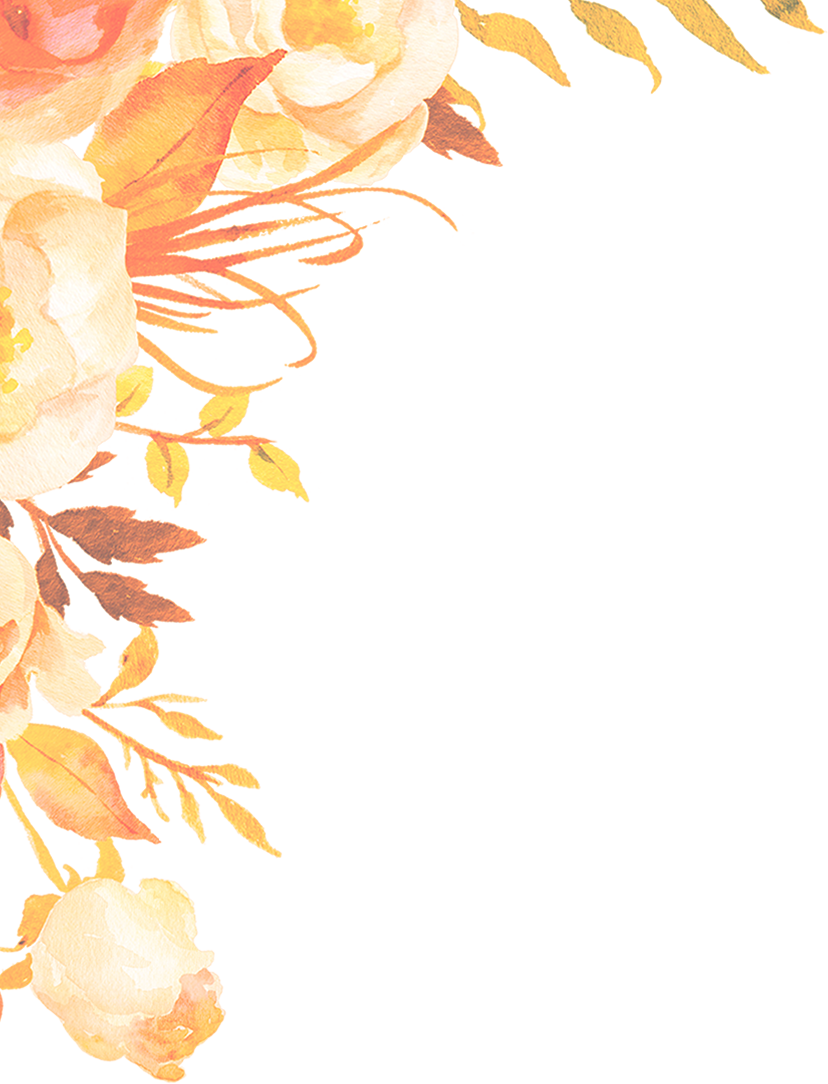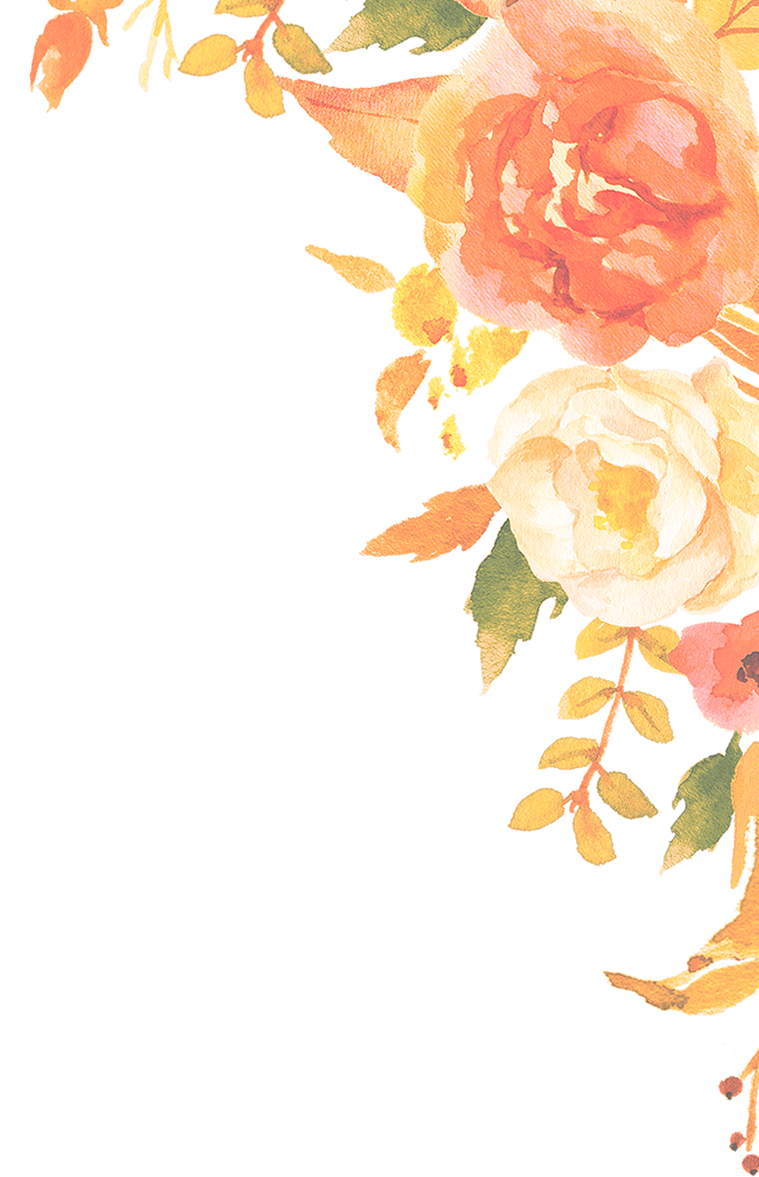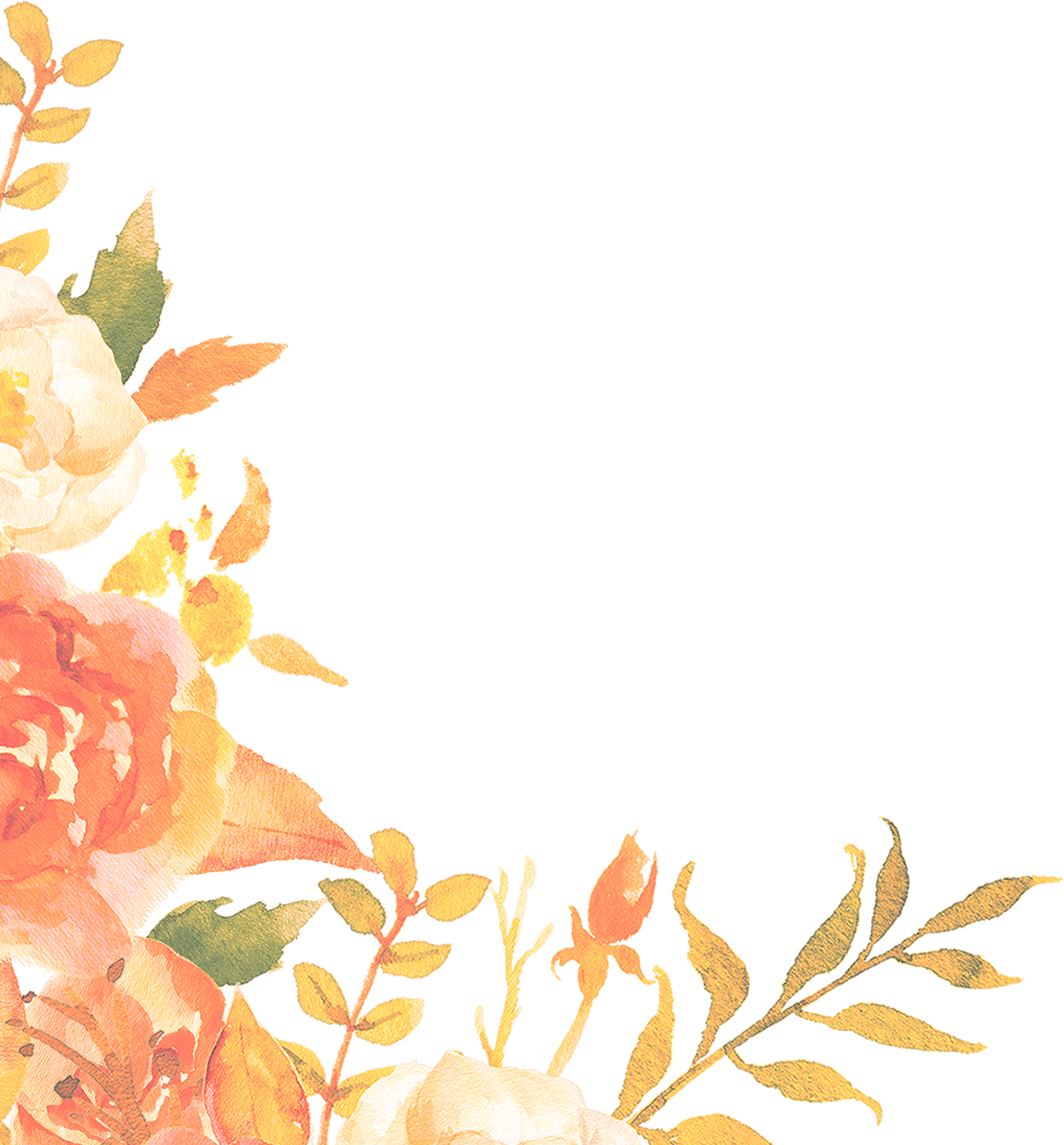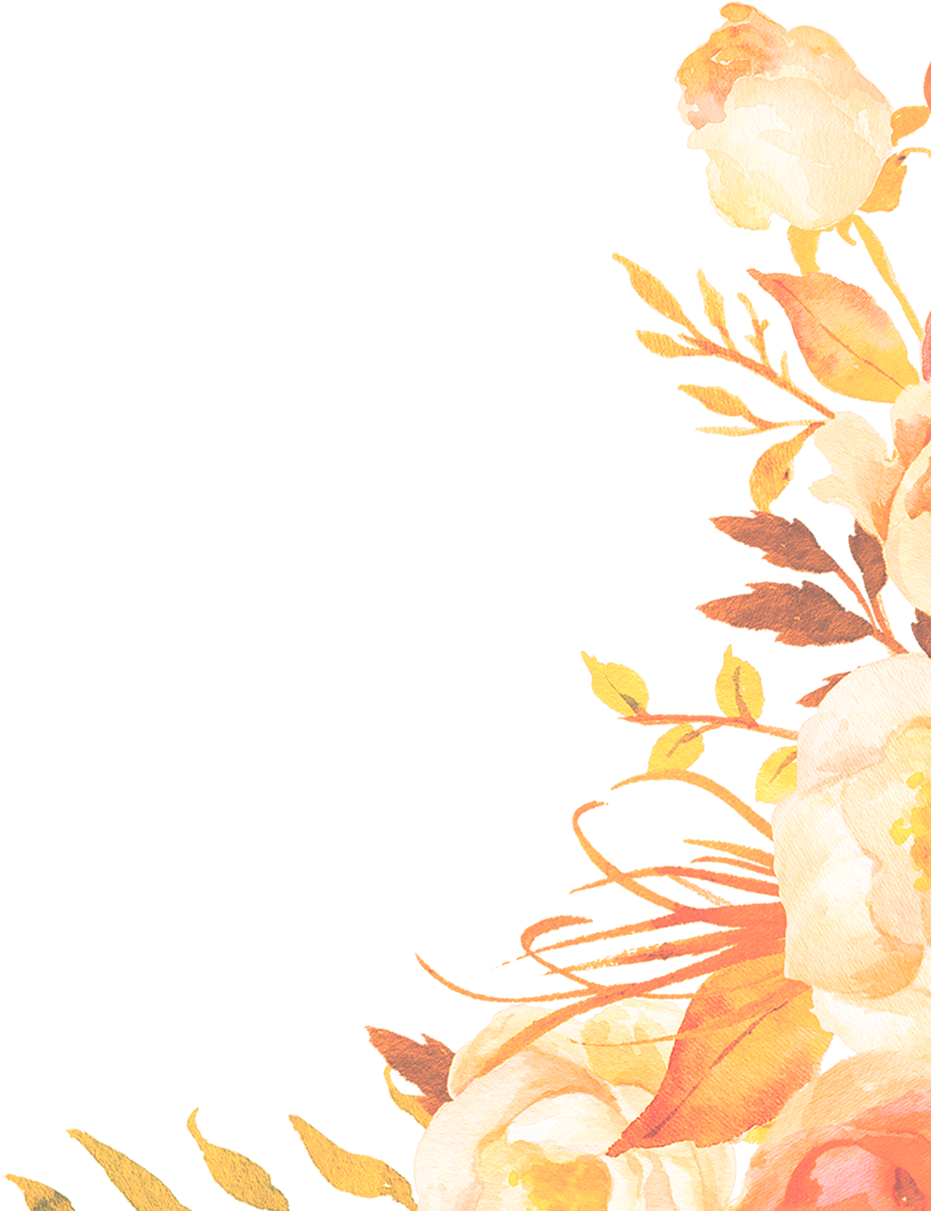



Hugely beneficial. My comparative happiness scores speak volumes.
-PAST CLIENT
Love suffers long and is kind; love does not envy; love does not parade itself, is not puffed up; does not behave rudely, does not seek its own, is not provoked, thinks no evil; does not rejoice in iniquity [wickedness], but rejoices in the truth; bears all things, believes all things, hopes all things, endures all things. Love never fails. 1 Corinthians 13 4-8
A popular reading at wedding ceremonies, this sentiment shall lead us into our last discussion. What is love, really? And what does it have to do with happiness?
A great deal, it turns out. Not only is a close, nurturing, intimate and equitable relationship with our best friend one of the strongest predictors for happiness,1 but also, love is the king of positive emotions, according to Barbara Frederickson. Love is a many-splendored thing, she writes, encompassing a broad range of other positive feelings such as awe, inspiration, pride, amusement, hope, serenity, interest, joy and gratitude.2 Love is also a central theme for Robert Holden, who states: “Happiness starts with love, and sadness ends with love.”3
But conceptually, many of us limit and misunderstand love. Our society is pre-occupied with romantic love: Whenever we speak of love, people tend to firstly associate it with the best friend-love-sex-marriage-package or the soul mate concept. Yet, as Hendrick and Hendrick point out, passionate love and marriage to one and the same person is a fairly recent cultural phenomenon. It originated in the Middle Ages, as an ideal of “love of intense passion between a man and a woman who generally were not married to each other”.4 (My emphasis.)
Yet for many of us, this passionate relationship with our best friend can be elusive or fraught with challenges. Confusion reigns on the fine line between love and its physical manifestation of making love, and the practice of sex, which at times has nothing to do with love!
Then there are our styles of loving. Martin Seligman explains that we all have an attachment style, which, good evidence shows, develops in our childhood. Those who remember their parents as affectionate and available are likely to have developed a secure attachment style. Such individuals typically have high self-esteem and regard others positively unless proven otherwise. They welcome intimate relationships and find the balance between dependence and independence. The avoidant attachment style originates from an unavailability or coldness of one’s mother. It leads to suspicion of others and a lack of confidence in social situations. Avoidant individuals tend to keep others at a distance even when they love them, and value achievement over intimacy. They do not disclose if or when they are upset or angry. Lastly, people who have developed the anxious attachment style generally have bad memories of their fathers. They typically don’t feel that they have much control over their lives and consider others hard to predict or understand. They are clingy in relationships and have a fear of being rejected. They struggle to grant those whom they love independence and freedom. When distressed, they openly show it, and when they feel threatened, they become overly obliging or yielding.5
Unsurprisingly, love is tied to a number of misconceptions. Treating it as a limited resource (when in fact it is endless), many of us believe that we should be careful to whom we give love. We consider love a matter of give-and-take. The worst misconception, Holden argues, is that love hurts:
Nothing could be further from the truth. Any one thing can only give itself, and in the case of love, love can only give love. What hurts is not love itself, but your misconceptions of love, your fear of love, your giving up on love, and, in particular, your resistance to love.6
Holden suggests that love is in fact the essence of our unconditioned (higher) self. Our ego may be afraid, he writes, and think that love is outside us, or believe that love is rare. But this is not so, according to Holden: we are full of love. And since WE are the ones who limit and reduce love, only WE can decide to trust and embrace it.7
Tal Ben-Shahar argues that love needs a rational foundation: that strong feelings alone cannot sustain themselves. He believes that unconditional love depends on us loving the characteristics of the other, i.e. their core self, character – in essence, who they really are.8
Thus here is my recipe for finding and keeping more love: Don’t confuse love with sex. Work with a psychologist or therapist to learn to manage a challenging attachment style. And consider what is lovable in your character. What is there to love? Do you try very hard to live the best aspects of your character? And lastly, can you genuinely consider Holden’s idea of being full of love?
Let us also not limit love. We easily forget how powerfully love ties us to life, wherein potentially, there is so much to love: our children, parents, siblings, friends, work, hobbies, the ocean, mountains, stormy weather, sunsets, home, certain foods, songs, movies, memories, games – the list goes on. What do you love about life?
And now please consider this: 1. Singer proposes that whilst love may begin with an appraisal of another, in the end it is about bestowal. Love can become unqualified: set free from emotional evaluation. Love can be offered as a free gift.9 If physical love and our own expectations are out of the picture, the fact is that anyone is free to love anyone. 2. Seligman writes that “love displays the capacity of human beings to make commitments that transcend “What have you done for me lately?” and mocks the theory of universal human selfishness”.10 When we stop focusing on what we are getting in terms of love, we can overcome our selfishness and simply give love. 3. Diener and Biswas-Diener point out that “heightened caring” for others is an important aspect on the path of increasing psychological wellbeing. Truly caring means to show appreciation, to act out of kindness, and to practice positive communication with others.11 Thus being loving improves not only others’ happiness but also our own. Therefore, it seems to me that the key to increasing love in our lives is to become more generous at bestowing it.
Diener and Biswas-Diener describe love as a “spiritual emotion”.12 Yet whether we consider love in spiritual or practical terms, surely every day offers us opportunities to spread love in the world. His Holiness The Dalai Lama proposes that living with an open heart entails a new model for human intimacy:
If you approach others with the thought of compassion, that will automatically reduce fear and allow an openness with other people. It creates a positive, friendly atmosphere. With that attitude, you can approach a relationship in which you, yourself, initially create the possibility of receiving affection or a positive response from the other person. … I think that in many cases people tend to expect the other person to respond to them in a positive way first, rather than taking the initiative themselves to create that possibility. I feel that’s wrong.13
What would your life be if you lived with a compassionate heart? Who could you be if your goal was to share unselfish love with the world? How would your day feel if you loved many little things about it: gladly sipping your coffee, appreciating the tree you sit under, talking kindly to the neighbour’s dog whose barking has been driving you mad, having a fun exchange with the person at the sales register, or thanking the universe for the cool breeze on a hot day?
Hendrick and Hendrick argue that love ought to be the centrepiece of positive psychology.14 I agree. It is our prerogative to create and spread happiness through the power of love. Holden writes:
When you wish for happiness you are really wishing to be the most loving person you can be.15
Science has declared that our whole physical world is nothing but energy. What if love is this energy? What if love is the essence of life, residing deep inside us and surrounding us in the atmosphere? To overcome depression and create a beautiful life, we cannot go past awakening love for ourselves, others, life and the world around us. For love connects us to each other, to our fellow creatures, to our beautiful earth, and to the planets and stars. And love, in the end, connects us back to happiness.
This ends my blog series on how to create a happy and fulfilling life. Our human journey is not easy. May you, nevertheless, succeed at loving your life.
© Natalie Lydia Barker 2017
Notes
No Comments